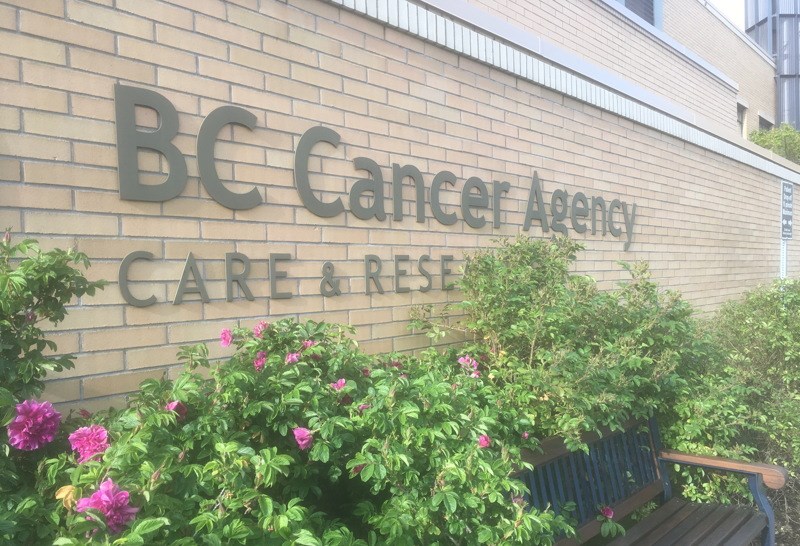The B.C. Cancer Agency is suspending stool sample collection testing, which could mean diagnostic delays in a number of colorectal cancers in B.C.
Such delays could have negative effects, even raising the number of deaths from such cancers.
Testing has been suspended because of a manufacturing problem affecting the accuracy of fecal immunochemical tests (FIT) that detect blood in the stool.
The tests, distributed by a company called Alere, are central to the colorectal cancer screening program that was introduced four years ago after pilot studies were done showing that FIT tests were reliable, cost-effective and easy to use. Individuals take kits home from labs and then return them once they have collected their stool samples.
“This is not a good day for British Columbians,” Dr. John Spinelli, vice-president of population oncology at the B.C. Cancer Agency, told Postmedia News.
Spinelli said the number of tests with positive (abnormal) results suddenly spiked in the summer, which signalled the first sign of a problem. Typically, about 14 per cent of tests indicate a patient may have cancer or a pre-cancerous growth. But in the summer, the positives surged to over 20 per cent, suggestive of too many false positives.
The cancer agency says labs that handle the stool kits — primarily Lifelabs — spotted a manufacturer problem with a liquid reagent used in the analysis of stool samples.
“We have a dilemma. We have no choice but to suspend the tests. Some cancers may go undetected in the meantime and that is not good. But we need a test that is reliable and when you are getting too many false positives, it shows that we need to solve this problem as quickly as possible,” Spinelli said.
The setback is yet another in a long series of problems associated with the colon cancer screening program. Resource issues (shortages of allocated hospital time and space for colonoscopies) have plagued the screening program from the outset, forcing patients to wait too long for colonoscopies after abnormal screening tests.
In 2017, about 3,600 B.C. residents are expected to get colorectal cancer and 1,300 will die from it.
Spinelli said the cancer agency is suspending the test because “patient safety and quality of care are our top priorities.
“We’re exercising an abundance of caution to ensure that British Columbians receive a screening test that performs as expected.”
Those who qualify for publicly funded FIT screening tests are individuals at average risk of colon cancer and aged 50 to 74. The test is designed to detect blood in stool, an indicator of colon cancer. Patients with abnormal results are then referred to a gastrointestinal specialist for a follow-up colonoscopy.
Spinelli said patients at higher risk of cancer can still proceed straight to colonoscopy testing.
“If you are at high risk of colon cancer due to a strong family history or personal history of (abnormal growths), your doctor can still refer you to the Colon Screening Program for colonoscopy. If you are experiencing symptoms, please speak with your primary care provider, who will work to ensure you get the care you need.”
The cancer agency is uncertain how long it will take to rectify the problem, but early estimates indicate it could take six months or longer.
Patients with a requisition for a FIT will not receive a collection kit until testing resumes. If patients have already submitted a specimen, it will be discarded. Patients who have recently submitted tests to a laboratory, but have not yet received results, will need to be retested, but only after testing resumes.
The cancer agency says it will post more information on this website — screeningbc.ca/colon — as it is available.



